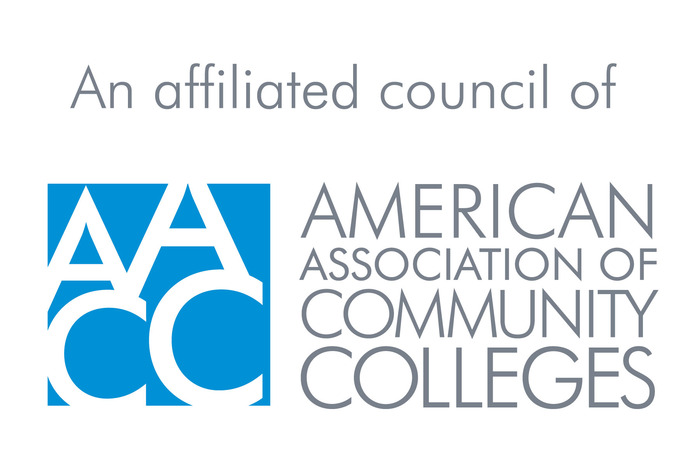New Regulation for State Authorization - Reactions on a First Read
Click New Regulations for State Authorization to download the article.
Financial Aid Fraud Rings
On February 14, 2014, the Office of the Inspector General for the U.S. Department of Education (OIG) released the report, "Title IV of the Higher Education Act Programs: Additional Safeguards are Needed to Help Mitigate the Risks that are Unique to the Distance Education Environment". In this final report, the OIG requires the Department to develop and implement a “corrective action plan” (CAP) within 30 days (by March 14, 2014) that addresses student financial aid fraud, with a particular focus on distance education. The CAP must “set forth specific action items, and targeted completion dates, necessary to implement final corrective actions on the findings and recommendations contained in this final audit report.
”This “corrective action plan” (CAP) could recommend costly and unfair regulations on distance education programs at colleges and universities, which the OIG states “is the fastest growing segment of higher education and creates unique oversight challenges and increases the risk of school noncompliance with the law and regulations. Distance education also creates new opportunities for fraud, abuse, and waste in the Title IV programs.”
The report recommends the Department of Education:
1. “Develop regulations that require schools to verify the identity of all distance education students at the time of enrollment.” Colleges currently only need to authenticate students by ensuring they use a secure login and password. The OIG proposes requiring colleges obtain from students, “proof of name, high school diploma, educational transcripts, or college admission test scores” to “help corroborate identity and ensure the student intends to obtain an education.”
The OIG also proposes having “independent public accountants, not accrediting agencies, to assess the effectiveness of schools’ processes for verifying a student’s identity.” This would be part of the “annual compliance audit.”
2. “Amend the regulations to require more frequent disbursements of Title IV funds. The disbursements should coincide with the timing of institutional charges and other expenses, such as a child or dependent care expenses and monthly Internet fees.”
3. “Amend the regulations expressly to apply the definition of attendance in 34 C.F.R. § 668.22(l)(7) to the regulations for returning Title IV funds for students who do not begin attendance.”
4. “Issue guidance that clearly explains what is considered acceptable evidence of a distance education student’s academic attendance.”
5. “Work with Congress to revise the HEA so that schools are required to develop cost of attendance budgets applicable to the student’s actual educational needs and not include costs that are unnecessary to complete the student’s program of study.”
This last recommendation probably refers to the distance learning student use of student financial aid funds to pay for living expenses, which Congress rejected last year, but it is not clear.
It is unclear whether the Department will adopt any or all of the OIG recommendations, or whether it would have the legal authority to impose any proposed regulations without eliciting a public comment or without Congressional authorization, but it is certainly a possibility for which ITC members need to be prepared. The OIG report is vague in many areas -- we hope the details will be reasonable and manageable. However, the comments in the Inside Higher Ed article below indicate that officials from the Department of Education and members of Congress could support some of the more onerous OIG recommendations.
ITC and the American Association of Community Colleges have always strongly recommended that colleges implement policies and procedures that prevent, catch, and help local, state and federal government agencies prosecute the perpetrators of these crimes.However, distance educators and students should not have to accept unfair regulations that will not solve the problems outlined in the OIG report. This is a message we need to convey to Congress as our representatives and senators take steps to reauthorize the Higher Education Act in the upcoming year.We’ll keep you informed about this as it develops!

